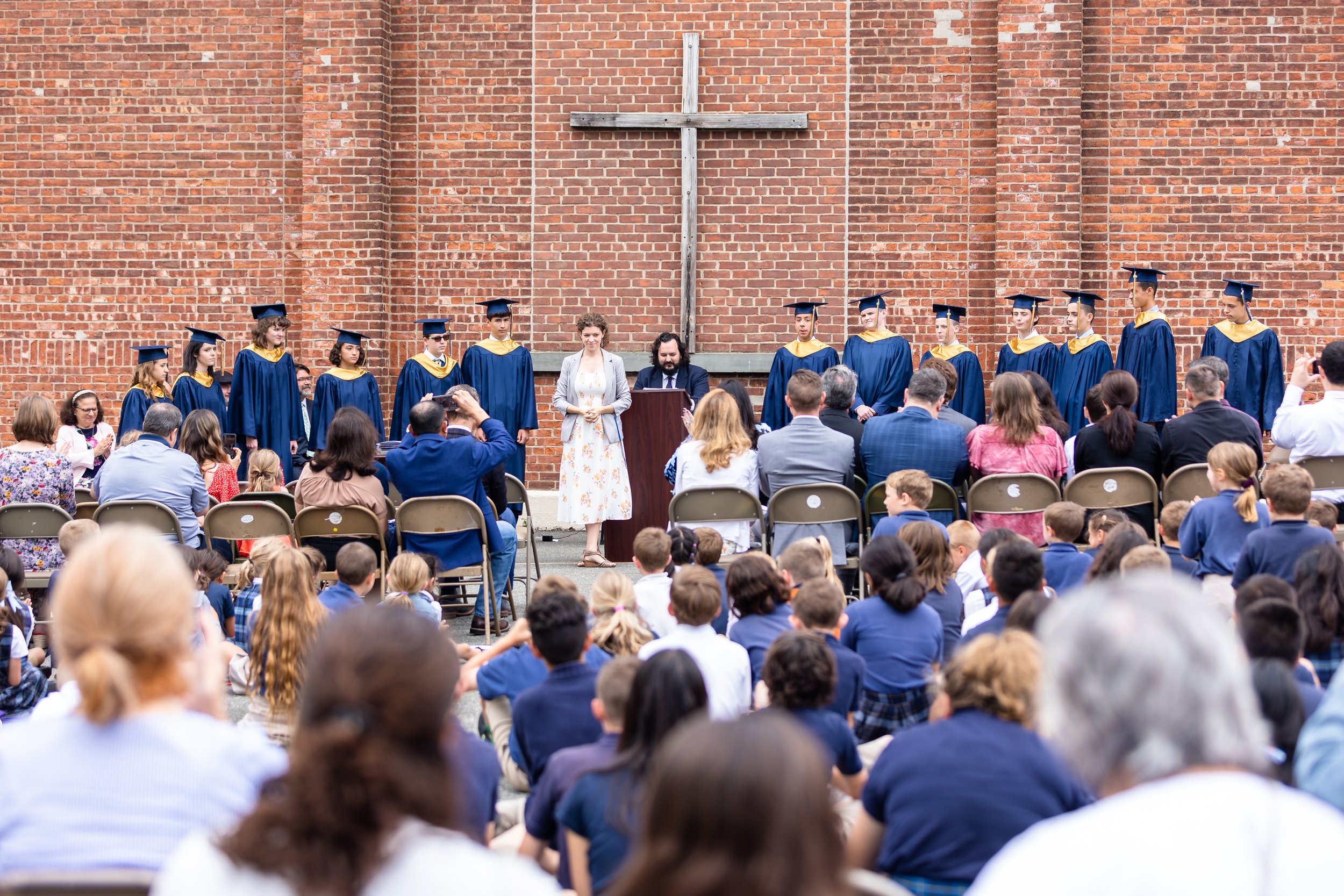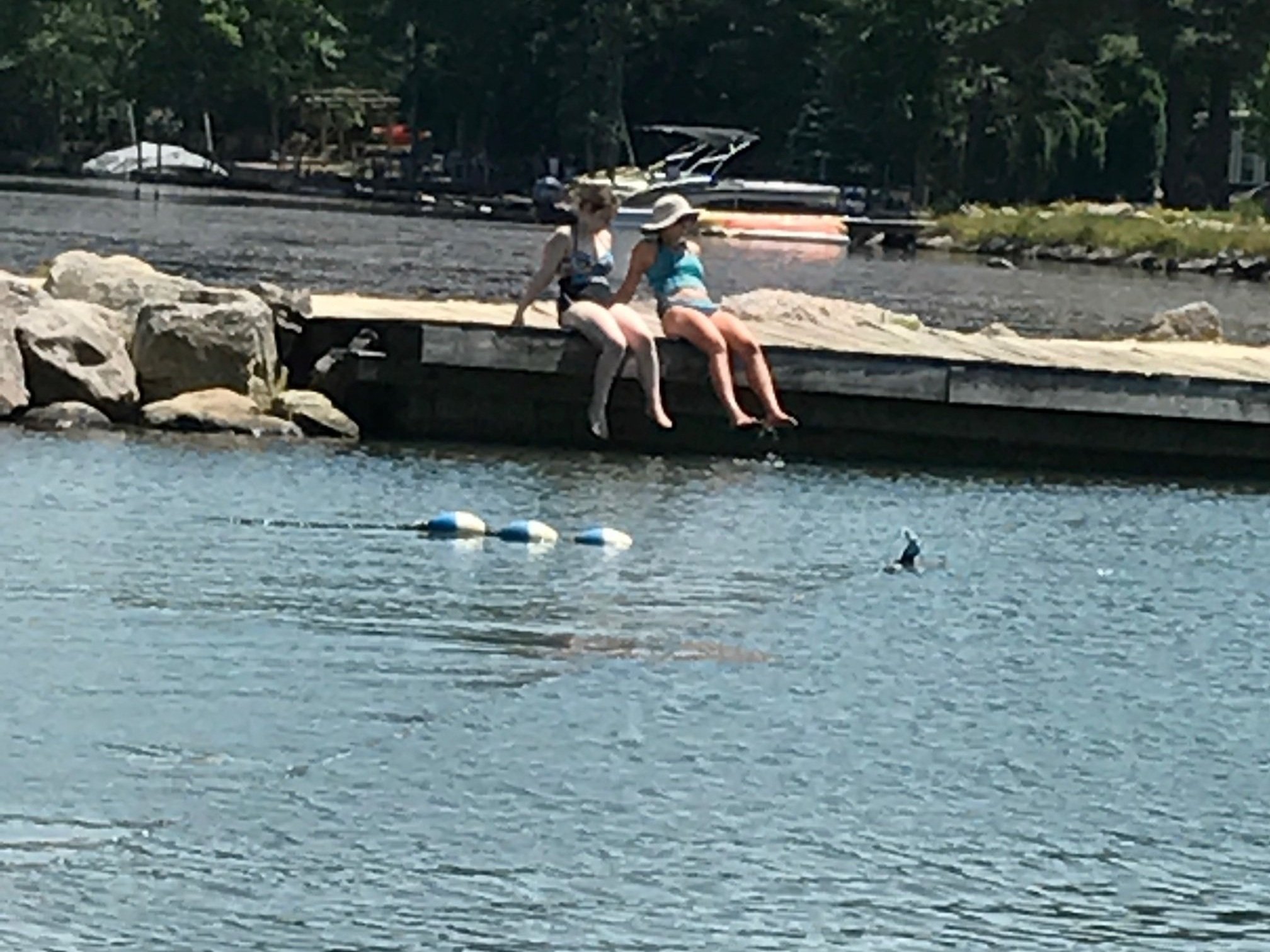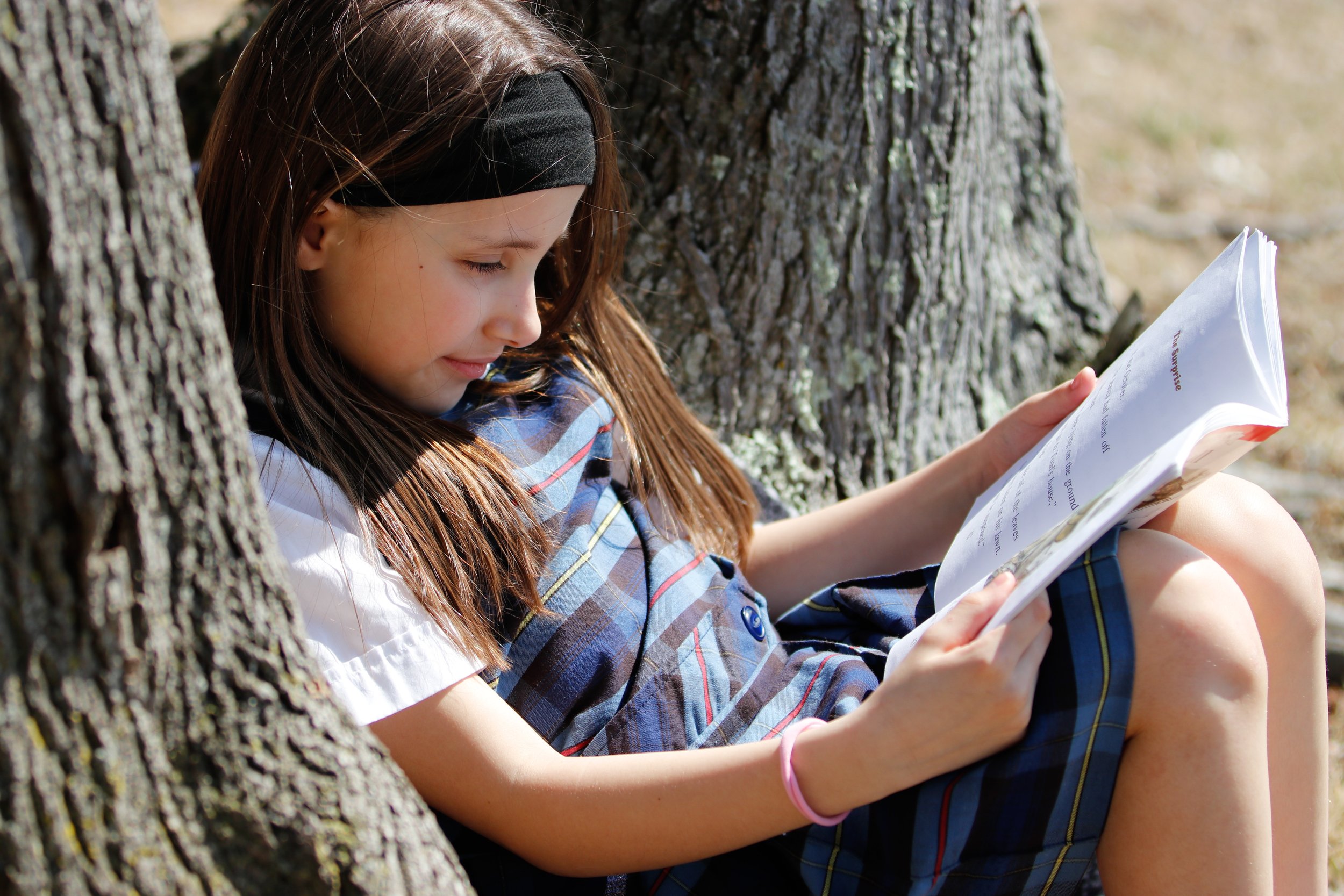
The Way We Learn
The classical Catholic approach to education is the most intuitive and satisfying way for all children to learn because it works in concert with natural human development of mind, body, heart, and soul.
Learning begins in the womb, with mothers getting first dibs on the influences that shape a baby’s sensory, linguistic, and emotional aptitudes and preferences. From there, newborns and infants learn experientially at an astonishing rate, soaking up the world around them with an intensity and at a rate that adults cannot mimic.
Children retain that sponge-like capability well into early childhood, so we build upon their first foundation by providing a similarly inquiry-driven, student-centric experience. It starts with our Montessori pre-kindergarten and continues all the way through graduation. By the end, students have spent their childhood not only solidifying and sharpening their cognitive development, but also multiplying the natural-born curiosity with which they first greeted the world.
Our approach can best be understood by some of its most distinctive hallmarks:
-
We know that all learning begins with wonder: When given free rein, curiosity is a magnificent guide to deeper understanding. Therefore, we encourage our students to follow their ideas as far they can and bring their classmates along for the adventure. If that means spending an extra class period on something of particular interest, we’re all for it. There’s plenty of time to teach our students everything they need to know before moving on to the next grade, and learning well is far more important than learning quickly.
-
There’s a lot to learn about math from music, and our garden has important things to tell us about poetry. Great thinkers are unconstrained by subject-matter boundaries; therefore, our classrooms deliberately communicate and collaborate with one another, and we foster interdisciplinary learning from the earliest ages.
-
Listening is an important skill and we hone it carefully, but lectures can only take the human mind so far; active discussion, roleplaying, experiment, and teaching others are crucial elements of an engaged and well-rounded learning portfolio. Therefore, our students spend as much time doing as watching.
-
There’s a reason toddlers learn to walk before they run and babble before they can speak. The brain is wired to learn incrementally, building upon what it knows to learn even more. We similarly offer incremental, developmentally appropriate lessons that build upon one another; in this way, ordinary children achieve extraordinary heights of aptitude and understanding.
-
Our students don’t have time to waste on anything less than the very best thoughts and ideas that have ever been recorded. They only get one childhood, and we’re determined to fill it with the richest, most lovely and worthwhile education we can. We strongly believe every child deserves to learn directly from the greatest thinkers of all time.
-
We don’t think error should be cause for concern or anxiety; on the contrary, we believe being wrong is often the quickest path to getting it right. Therefore, we embrace mistakes as happy opportunities for growth, both as individuals and a learning community.
-
The mind, body, heart, and soul are interconnected and interdependent. Optimal learning requires due regard for attention span, atmosphere, and environment. Therefore, we take learning outside as often as possible. Sometimes that means history class in the garden; sometimes it’s extra recess playing soccer with our pastor. Whatever the occasion, we offer our students ample opportunity to enjoy the many mental and physical benefits of being outdoors.
-
As we now know from advances in fetal development research, human beings are literally made to learn. We believe God delights in forming each child with an innate and insatiable desire to know and understand. We strive to honor His design, not by fulfilling that instinct but by refining and whetting it. If we’ve done our job as a school, students graduate from OLMC more curious and more passionate about learning than when they came to us.
WE PRIORITIZE FIELD STUDIES
Our preference for show over tell means a commitment to immersive field studies, during which students can enjoy a hands-on adventure with the subjects they encounter. Field studies offer a far more memorable and enriching experience than a typical field trip in several important ways: the experience is intimately connected with the curriculum; we thoroughly situate the destination in its proper historical, artistic, and/or literary context; we take our time so students have ample opportunity to pause and imagine; and we center our study around inquiry and reflection.
Here are some of our favorites:
Philadelphia
The Cloisters
Student Retreats
Shakespeare Theater of New Jersey
Liberty Science Center
Pyramid Mountain
Metropolitan Museum of Art
Fosterfields Historical Farm
Washington D.C.
WE SEE THE EXTRAORINARY IN EVERY CHILD
How is it that some coaches consistently produce championship teams and some conductors consistently lead award-winning orchestras? To be sure, talent attracts talent. But a great teacher - whether a coach, conductor, or any other wise guide - also knows how to build talent through a child’s natural aptitudes. Through a deliberate combination of our curriculum and approach to teaching, our faculty and staff bring out the best in their students and multiply it. In this way, ordinary children routinely achieve extraordinary things.
The OLMC experience is distinctively excellent not only in core classes like literature, history, and math, but also in the more unique experiences we offer every child. For example:
We teach every child how to play chess
Every child memorizes and recites age-appropriate poetry
Every child participates in Project Week, an intense period of independent learning and achievement
Every child participates in Sharing Week, a time to teach others what’s been learned and mastered during Project Week
We teach every child how to garden
We teach every child the importance of patriotism and celebrate with school-wide remembrances, especially Veterans Day
We give every child the opportunity to receive the Sacraments frequently, including weekly Mass, weekly adoration & benediction, monthly confession, First Communion (typically 1st or 2nd grade), and Confirmation (8th grade)
We begin every day with school-wide Morning Prayer and Headmaster’s Exhortation
We observe a number of school-wide celebrations, including the Feast of St. Joseph, St. Patrick’s Day, and Michaelmas
WE EMPHASIZE A CULTURE OF LITERACY
“Once you learn to read, you will be forever free.” -Frederick Douglass
We love books. We believe nothing awakens the imagination, inspires the mind, or inflames the heart quite like getting lost in the pages of a great work. Therefore, we encourage our students to fall in love with reading and the worlds it can open up to them. Our library is an unmatched treasure trove, and we encourage you to reference it frequently as you begin to fill your own family’s bookshelves.




















